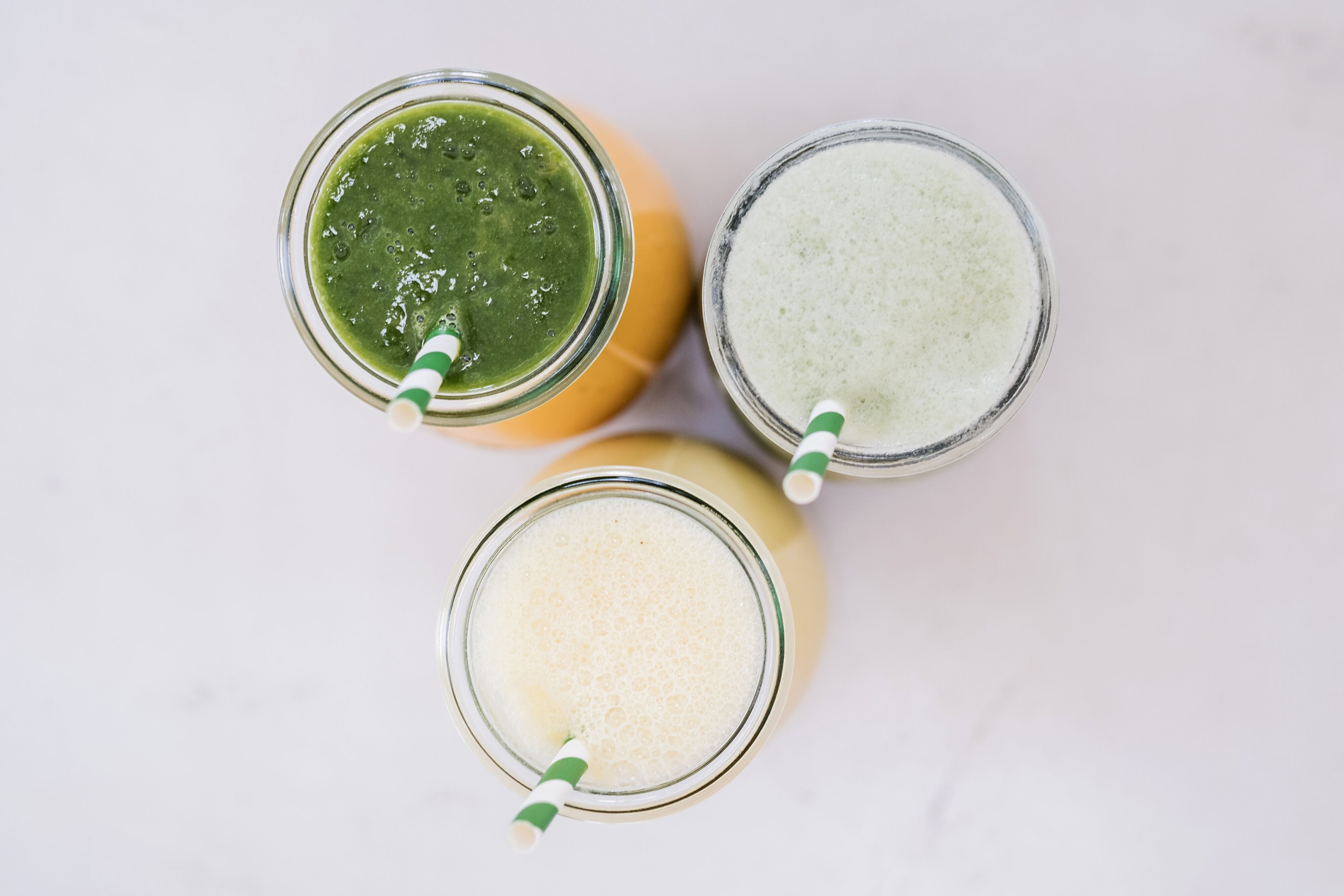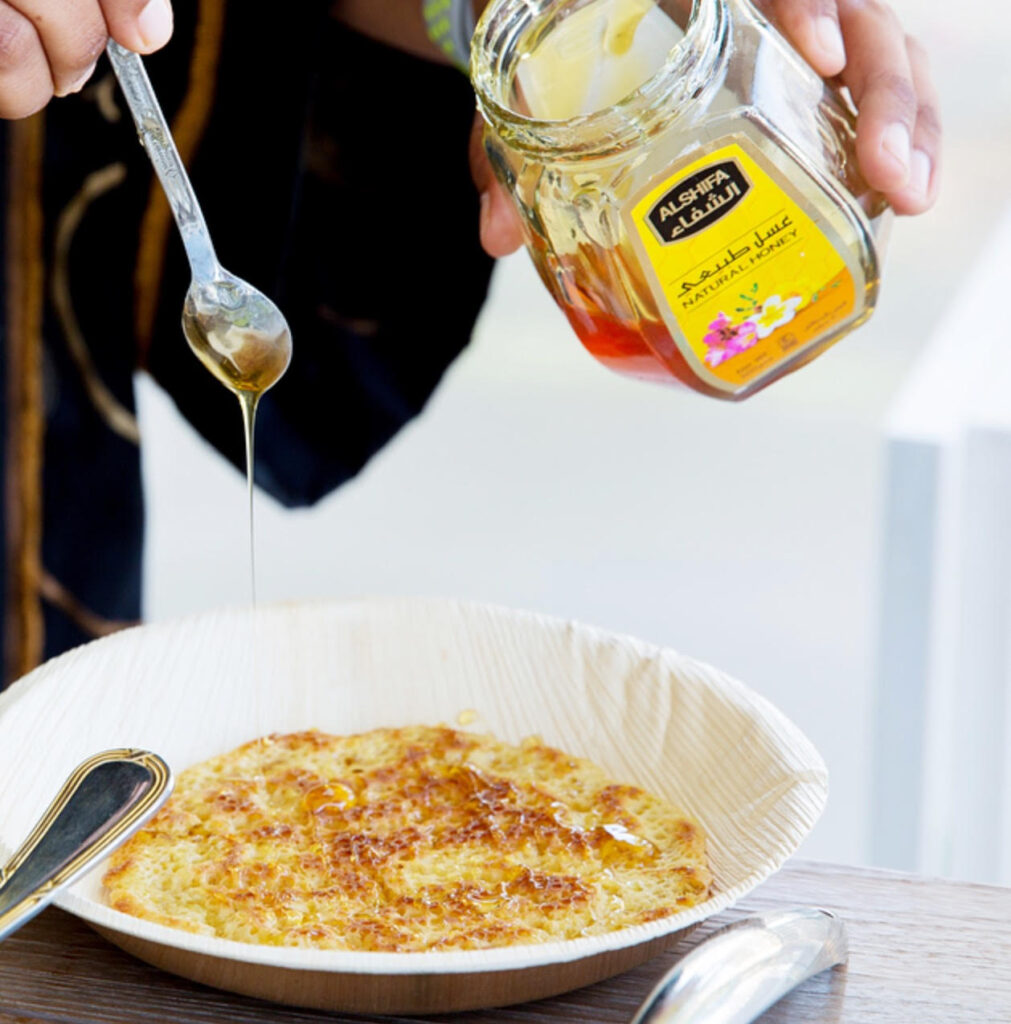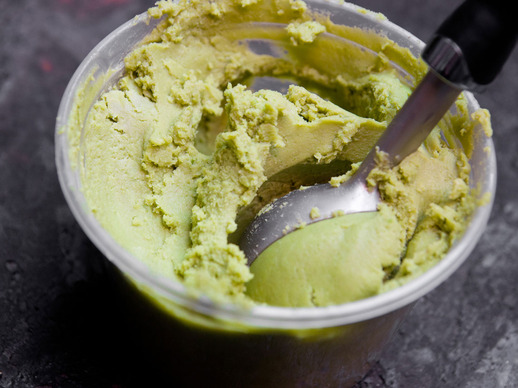
With the dawn of affordable DNA testing, the world is now gripped by the wonderful notion of personalized diets. According to this concept, your genomes and the food you consume interact to create a life-long impact on your health. Many nutritionists in Dubai and all across the world are now looking into nutrigenomics- the study of how nutrition influences the expression of the genome. By studying an individual’s DNA test results, nutritionists are now identifying how food components interact with the cells, organs and the whole body.
Personalized nutrition has become analogous to personalized medicine. While the food market produces foods and products based on long-time consumer science, the introduction of nutrigenomics has brought new preferences and requirements among the consumers, which is slowly impacting the mainstream food production industry.
In this blog, we will discuss how personalized nutrition based on nutrigenomics must be approached.
Rule no.1: Understand that there is no ‘one diet for all’
As nutrigenomics is based on the individual DNA test results, one thing has become clear to nutritionists- There is no single diet that works best for all. No two individuals respond the same way to the same dietary interventions. Even people with similar metabolism, blood sugar levels, and cholesterol levels respond differently to the same diet. While some people lose more when they reduce carbs, others lose more weight when they increase complex carbs and reduce fats.
All these point to the same thing. For unique results, it is best to skip trial and error methods and go for individual diet plans based on their DNA test results. Results from the PREDICT study by researchers from Kings College in London and Harvard Medical School also reassured the role of genetics and individual make up which translated into people’s unique responses to food. So what else is there to know about nutrigenomics?
Rule no.2: Understand that genes alone are not the deciding factors
While we stated that genes play a key role in deciding an individual response to diets, it is NOT the only factor. Most DNA testings will account for insights into how each individual reacts to carbohydrates and saturated fats, other factors like exercise, sleep habits, stress responses and even gut microbes play equally important roles.
The important thing to remember here is that personalized diets has to consider the individual as a whole to be able to give the best results. Although DNA test based diets work in favor of individual health goals, the results can be improved by managing stress levels, improving sleep quality and putting in the right amount of exercise.
Rule no.3: Consume fresh vegetables in the meantime
In ideal circumstances, every food item you consume must help you stay fit and healthy. Even when the principles of eating healthy looks complicated, the one thing everyone should do is to put your trust in fresh vegetables.
Plant-based diets are higher in carbohydrates. But for most people, these diets can really help their body settle into a rhythm, without starving them of the essential nutrients.
Having detailed information about your genome, biomarkers, daily habits and microbiome (gut health) are all ways to empower our nutritionists in Dubai to help prepare the best suited dietary plans. Even when you get the right meal plan, remember that what ultimately matters is your dedication and perseverance towards healthy living and complete wellness.





